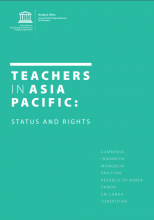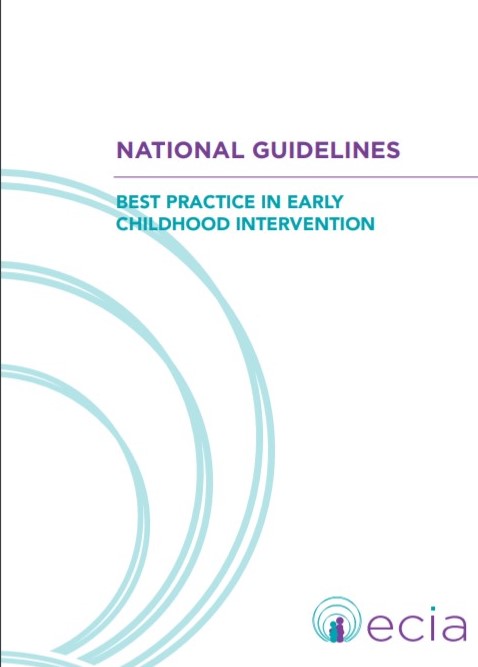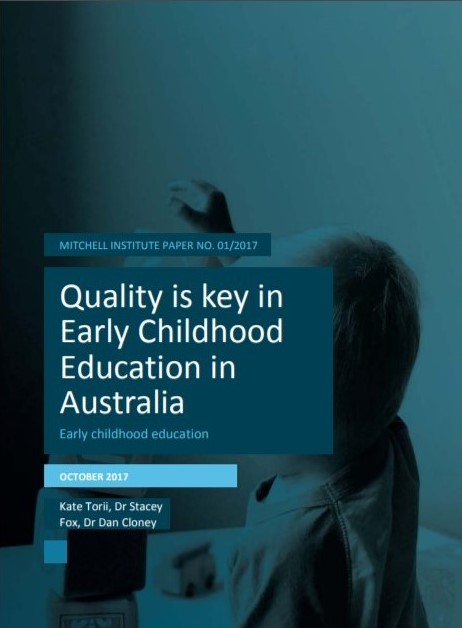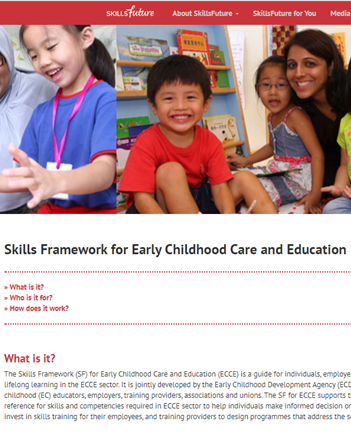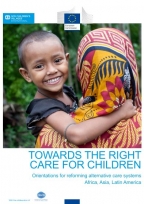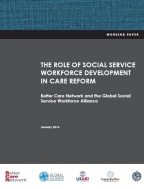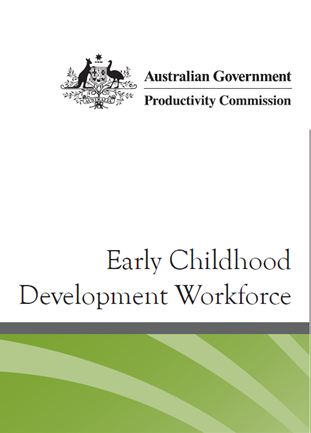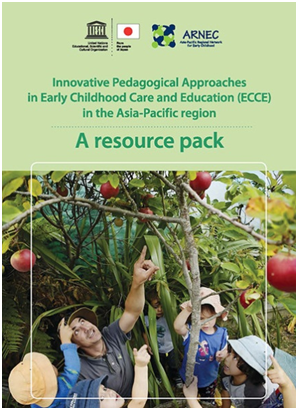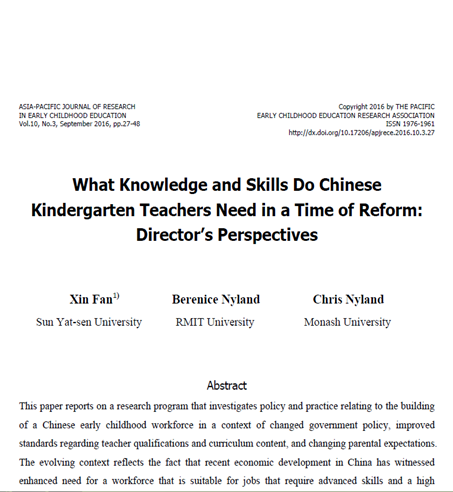Fostering Effective Early Learning (FEEL) Study
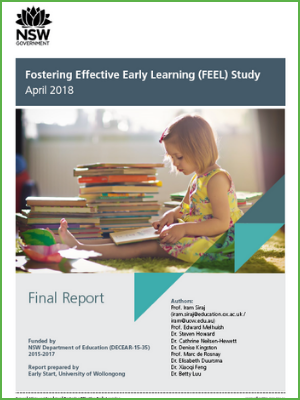
The 2018 Fostering Effective Early Learning (FEEL) study focuses on the importance of quality, and how to strengthen it in early childhood education and care (ECEC) settings. Extensive research demonstrates that the benefits of ECEC for children are increased when the service provider and educators are highly skilled and participate in professional development (PD), and the service is of high quality. Upskilling the workforce, including in-service professional development, is considered to be a key to improving quality, and can produce substantial and practical improvements for staff and children alike.
Building on the existing body of international research, the findings of the Fostering Effective Early Learning (FEEL) study, address the need for quality improvement in ECEC by showing how a particular form of evidence-based in-service PD can produce substantial and practically meaningful improvements in both staff practices and child outcomes.
The FEEL study was conducted by the research team from Early Start, University of Wollongong, on behalf on the NSW Department of Education.
You may also find the The Fostering Effective Early Learning (FEEL) Study's Literature Review below. The Literature Review highlights the importance of quality teaching practice in early childhood education and outlining the key elements of the best practice professional development used in the Study.


